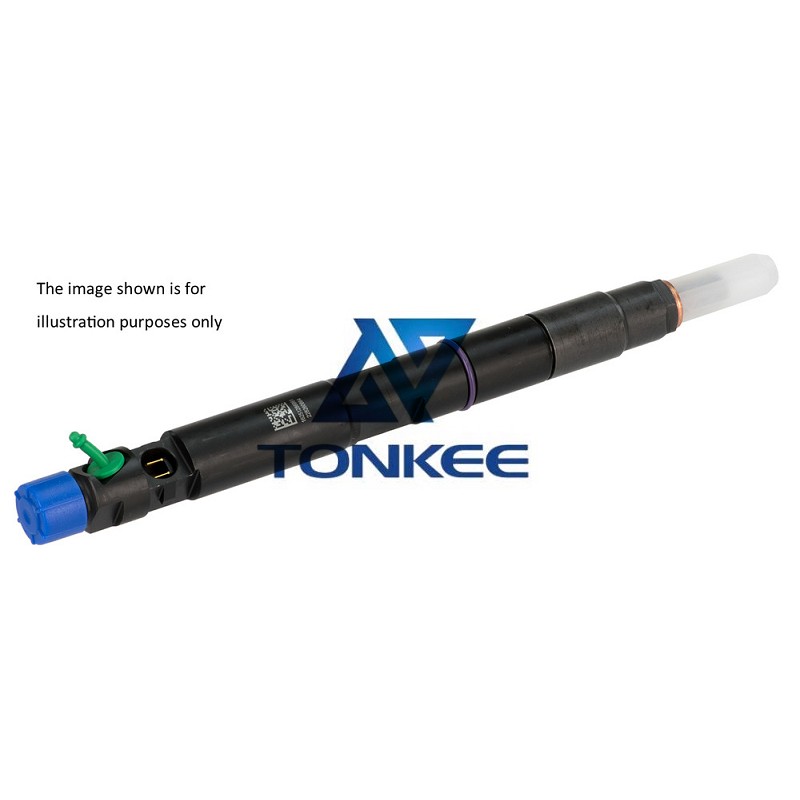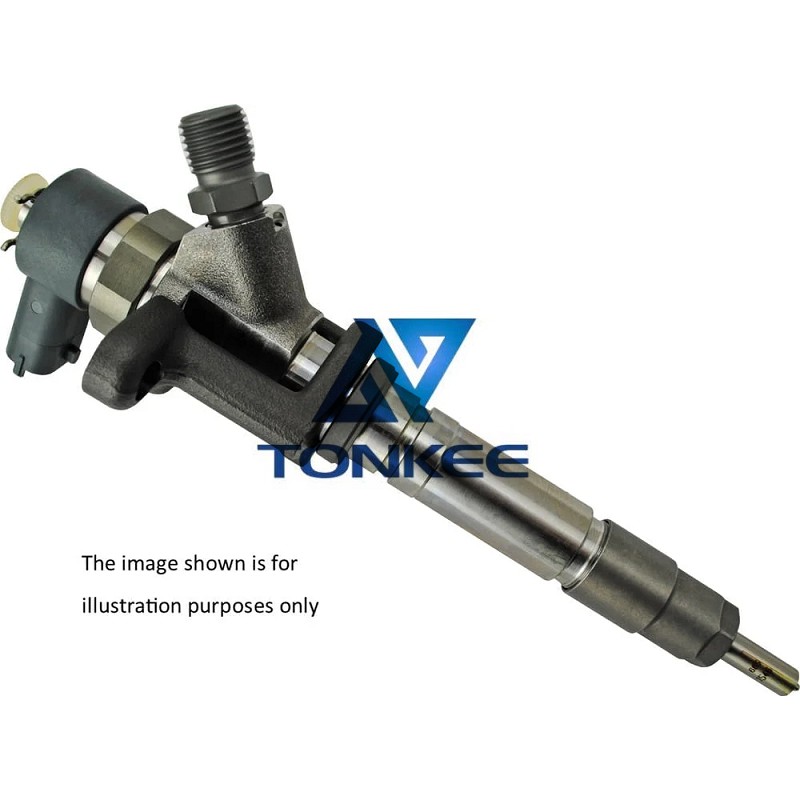
Common rail diesel injectors are essential components in modern diesel engines.
They are responsible for delivering precise amounts of high-pressure fuel into the combustion chamber for efficient and clean combustion. These injectors play a critical role in optimizing engine performance, reducing emissions, and improving fuel efficiency.
General Specifications for Common Rail Diesel Injectors:
Injector Design: Common rail diesel injectors are typically constructed from high-quality materials, such as stainless steel or durable alloys, to withstand high fuel pressures and heat. The design should be optimized for efficient fuel atomization.
Fuel Injection Pressure: Common rail systems operate at high pressure, often in the range of 2,000 to 30,000 PSI (pounds per square inch). The exact pressure may vary depending on the engine's requirements.
Actuation Technology: Common rail injectors can use either solenoid or piezoelectric actuation. Solenoid injectors are common and operate via electromagnetic control of a valve. Piezoelectric injectors use piezoelectric crystals for very precise control.
Nozzle Design: The injector nozzle is crucial for creating a finely atomized fuel spray for efficient combustion. Nozzle design and the number of spray holes affect the injector's performance.
Injector Control Unit (ICU): Modern diesel engines utilize electronic control units (ICUs) to precisely time and control the injection process. The ICU ensures that the injectors release fuel at the right moment for optimal engine performance and emissions control.
Flow Rate: The flow rate of a common rail injector determines how much fuel it can deliver over a given period.
It's usually measured in milliliters per minute (mL/min) or cubic centimeters per minute (cc/min).
Filtration Requirements: Common rail systems demand high-quality fuel filtration to protect the injectors from contaminants. Clean fuel is essential to prevent clogs and maintain precision.
Service Life: Diesel injectors should have a long service life, but the exact duration may depend on factors like maintenance and usage conditions.
Compatibility: Ensure that the injector is compatible with the specific engine model and make.
Emissions Compliance: Many injectors are designed to meet emission regulations and minimize harmful emissions.
Maintenance and Cleaning: Some injectors may have maintenance requirements or be designed for easy cleaning and servicing.



 English
English Русский язык
Русский язык



